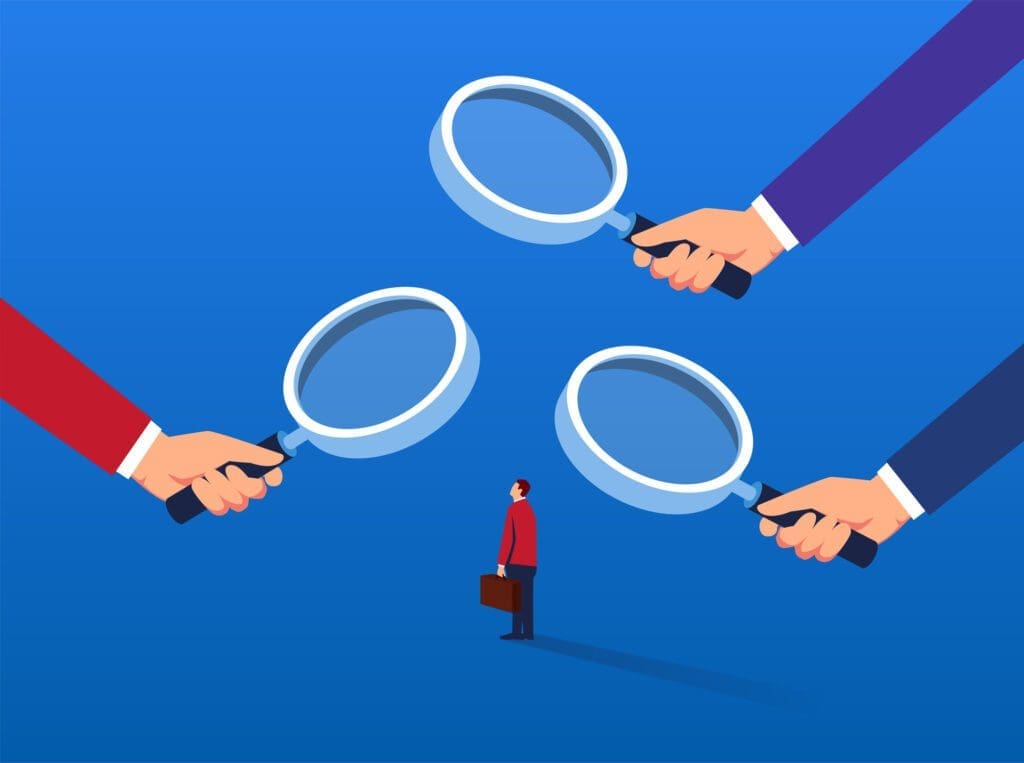 At the risk of beating an already dead horse, I felt compelled this week to offer some insight and commentary on the recent viral video featuring a high-profile CEO and his head of HR at a rock concert, both caught in what appeared to be an affair.
At the risk of beating an already dead horse, I felt compelled this week to offer some insight and commentary on the recent viral video featuring a high-profile CEO and his head of HR at a rock concert, both caught in what appeared to be an affair.
At first, I hated everything about the story: the invasion of privacy, the public shaming, and the way it turned people’s personal lives into entertainment. But as the conversation around it evolved, it began highlighting something far more important than who’s cheating on whom.
To me, one of the biggest takeaways is that safeguarding a company’s reputation is now a 24/7 responsibility for all employees. Most of us have probably been handed an employee handbook at some point that states we are representatives of our employer both on and off the clock, and that we should act accordingly to protect the company’s image.
Historically, lapses in off-duty behavior might not have had a lasting or public impact. But in today’s always-connected world, where cameras are everywhere and social media can turn anyone into a headline within seconds, the stakes are much higher. One poorly timed action or thoughtless remark can ignite a PR firestorm, not just for the individual, but for the organization they’re tied to.
One of the most well-known examples is the case of the woman who came to be known as the “Central Park Karen.” While walking her unleashed dog in Central Park, she was asked by a black birdwatcher to leash it, per the park rules. Instead, she called 911 and falsely claimed that the African American man was threatening her. The video of the incident went viral, and it was quickly revealed that she was a VP at a global investment firm. The company fired her and swiftly issued a statement condemning her behavior, yet it still faced public backlash and reputational harm simply by its association with her.
Now, with the rise of artificial intelligence, the threats posed by these viral moments are even more pronounced. The speed with which the recent concert video swept across platforms didn’t feel organic. I believe AI recognized the story’s viral potential a mix of sex, power, and celebrity and pushed it into the spotlight, turning it into the online phenomenon it ultimately became.
What makes this all even more concerning is that AI has the ability to not only amplify stories but also distort or fabricate them, spreading content far and wide before the truth even has a chance to catch up.
As they say, you can’t unwind a clock. Whether we like it or not, we now live in a world where eyes are on us all the time, and our actions both personal and professional can carry real consequences not only for our own careers but for the businesses we represent. Now more than ever, we must be mindful of what we say, what we do, and who might be watching.
(Past performance is no guarantee of future results. The advice is general in nature and not intended for specific situations)
